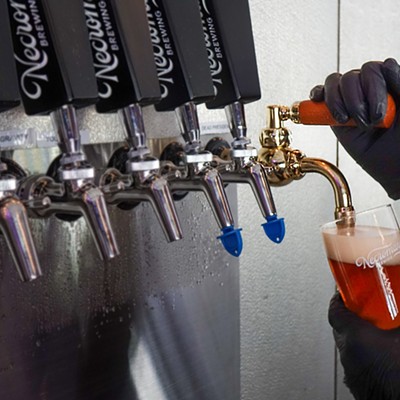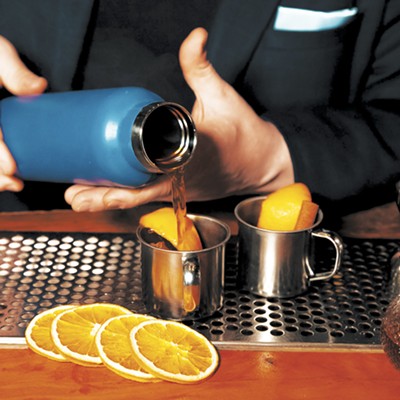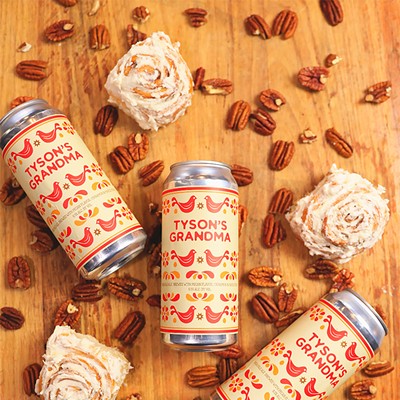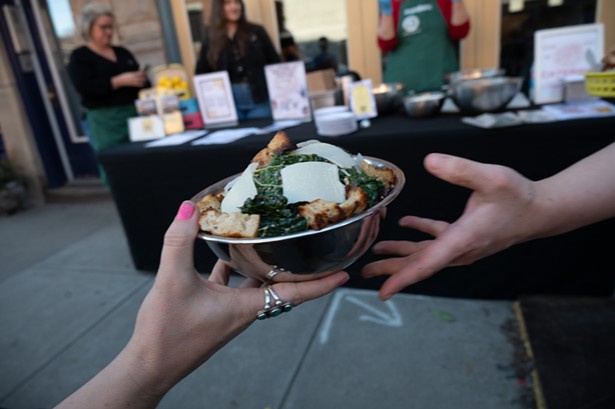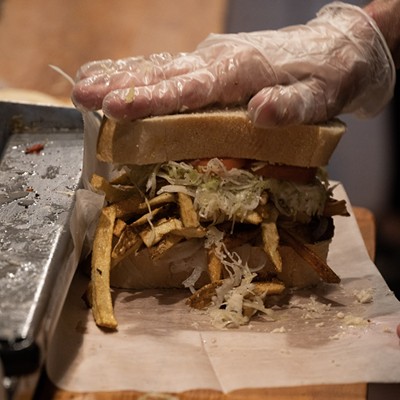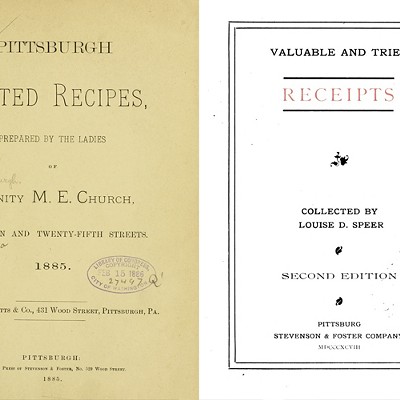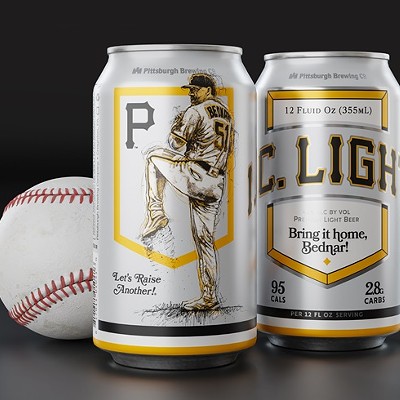With its intricate labels, nuanced terminology and tricky pronunciations, Scotch whisky -- which derives from the Gaelic for "water of life" -- confounds people almost as much as wine.
"People feel very intimidated when they walk in," says Cortney Buchanan, bartender and resident Scotch enthusiast at South Side's Piper's Pub, which boasts of having the largest Scotch collection in Pittsburgh (90 bottles). Buchanan tells neophytes, "Don't be embarrassed. Tell me your level of education about Scotch, and I'll take it from there."
It's easy to be overwhelmed. Choosing Scotch means choosing liquor from different regions, each with highly distinct flavors. For example, Scotches from the Speyside region, like the popular Glenlivet, are much different than the briny, peaty Scotches from Islay (pronounced eye-luh), which Buchanan says beginners should avoid. Flavor can also vary widely within regions, depending on the distiller, the age of the Scotch ... even the cask used for aging.
But Buchanan says there are three key things to remember. First, seek guidance from a knowledgeable bartender. Second, gravitate toward single-malt Scotch instead of "blended" Scotches -- products like Cutty Sark which mix in whisky from grains other than barley. Third, until your palette matures, start with less-intense, lower-age products, like 8-to-2-year-old whisky.
Because sipping several Scotches can be costly, invite friends to order an array of Scotches, so you can sample the field for less money. And before diving in, Buchanan says, try "taking a nose" and sipping the Scotch "neat" (without ice), to break the surface tension and release aromas.
Buchanan often starts newbies with the "reasonably priced" Macallan 12-year Single Malt, a Highland Scotch that he describes as a gateway to more adventurous choices. Beginners also often enjoy vatted malts, whisky blends whose ingredients -- unlike "blended" Scotch -- all come from barley, with no other grains mixed in.
Ultimately, though, finding your ideal Scotch is a process of trial and error.
"The longer you've been drinking," Buchanan says, "you'll start to notice what to look for."



